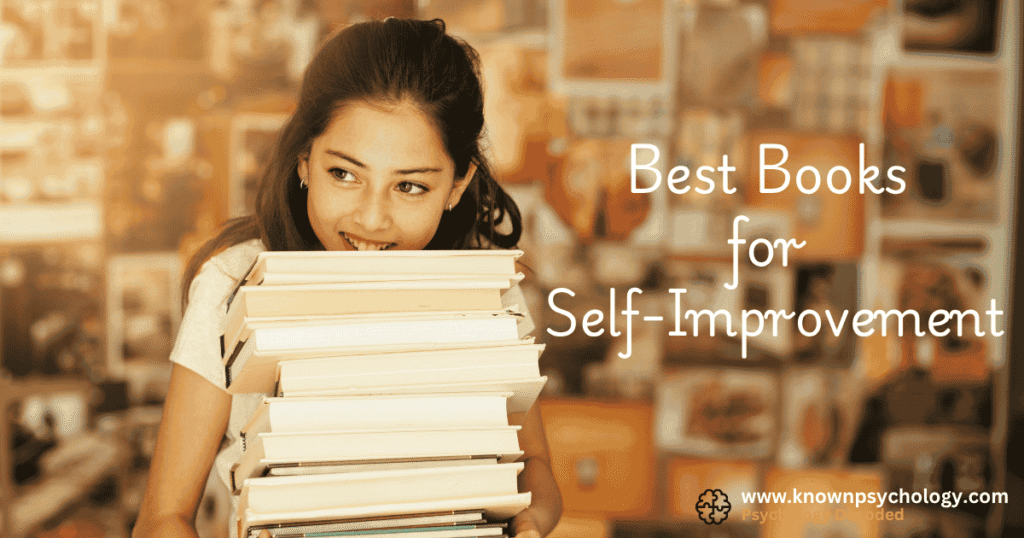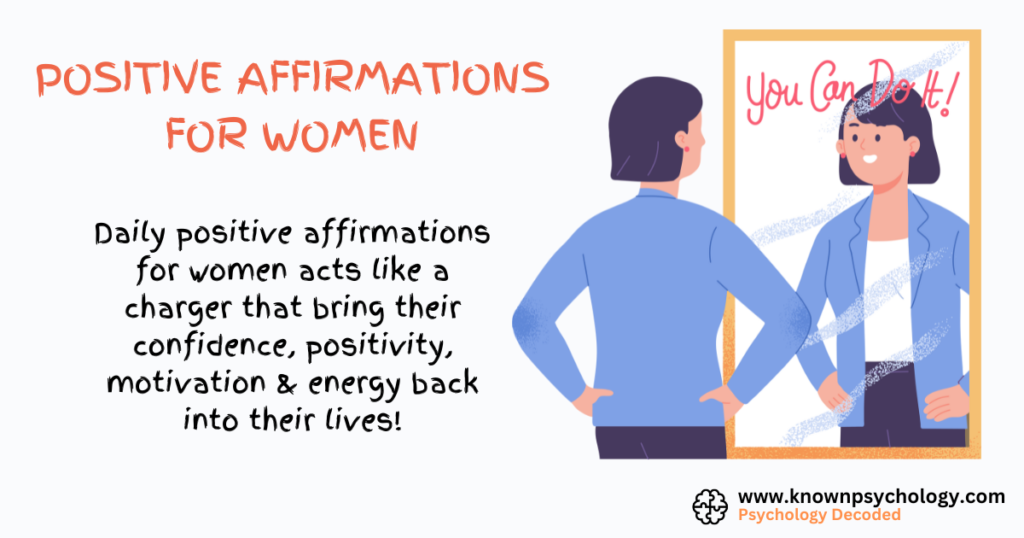
Self-improvement is not about perfection—it’s about progress. Every person wants to grow, but staying motivated can be hard. That’s where the right book comes in. A well-written self-improvement book can feel like a mentor guiding you through challenges, showing you new ways to think, and giving you steps you can act on immediately.
I’ve combined the most impactful classics with fresh, under-the-radar gems to create this list of the 15 best books for self-improvement that will help you in 2025 and beyond. Each book comes with its key lessons, why it matters, and how you can apply it to your life starting today.
Key Takeaways
- The best books for self-improvement combine mindset shifts with actionable strategies.
- Newer titles like The Seven Primal Questions add fresh insight to the classics.
- Reading alone isn’t enough—apply at least one lesson from each book immediately.
- Different books work for different stages of life, so choose based on your current needs.
Starter Picks — If You’re New to Self-Improvement
These books are simple, practical, and easy to apply. Perfect if you’re starting your journey.
1. Atomic Habits – James Clear
Clear’s approach to habits is refreshingly simple: focus on tiny improvements. Instead of trying to overhaul your life overnight, work on changes so small they feel effortless. Over time, these “atomic” habits build into life-changing results.
Why it’s a must-read:
- Explains the “cue, craving, response, reward” loop of habits
- Gives tools like habit stacking and environment design
- Backed by science, but easy to understand
How to apply it: Want to start working out? Place your gym shoes by the door as a visual cue.
2. The 7 Habits of Highly Effective People – Stephen R. Covey
Covey’s book has stayed relevant for over 30 years because its lessons are universal. He breaks success into seven core habits, starting with personal responsibility and ending with constant self-renewal.
Key habits:
- Be proactive
- Begin with the end in mind
- Put first things first
- Think win-win
- Seek first to understand, then to be understood
- Synergize
- Sharpen the saw
Why it matters: It’s not just about achieving goals—it’s about living with integrity.
3. You Are a Badass – Jen Sincero
Self-improvement can feel heavy, but Sincero makes it fun. Through humor, real-life stories, and blunt advice, she encourages readers to stop doubting themselves and start chasing what they want.
Why people love it:
- It’s conversational and entertaining
- Helps you break through mental blocks
- Encourages bold action, not overthinking
How to apply it: Write down three things you’ve been putting off because of fear—then take the smallest step toward each one today.
Level Up — For Building Mental Toughness & Mindset
These books will challenge your thinking and help you develop resilience.
4. Mindset: The New Psychology of Success – Carol S. Dweck
Dweck’s research shows that people with a “growth mindset” (believing skills can be developed) achieve more than those with a fixed mindset.
Example: A student who believes “I’m not good at math” gives up quickly. But with a growth mindset, they think “I can improve with practice” and keep going.
How to apply it: Replace “I can’t” with “I can’t yet” in your vocabulary.
5. Can’t Hurt Me – David Goggins
Goggins’ life story is intense—abuse, poverty, obesity—and yet he became a Navy SEAL, ultramarathon runner, and world record holder. Each chapter ends with a “challenge” to push yourself past mental limits.
Why it’s powerful:
- Shows that discipline can be learned
- Proves you can go far beyond your perceived limits
- Motivates action through discomfort
Practical takeaway: When you want to quit, do 40% more. Most people stop at 60% of their true capacity.
6. The Subtle Art of Not Giving a F*ck – Mark Manson
Manson argues that life is about choosing what’s worth caring about. Instead of chasing constant positivity, accept life’s struggles and pick the ones you’re willing to fight for.
Best lesson: Trying to avoid problems only creates more stress. Face them and choose your values wisely.
7. The Seven Primal Questions – Mike Foster
A recent standout, Foster’s book helps you find the “primal question” driving your behavior—like “Am I safe?” or “Am I loved?” Understanding it can help you change lifelong patterns.
How it helps: You stop reacting blindly and start responding with awareness.
Life-Changing — Deep Work, Purpose, and Inner Peace
These books are for when you’re ready to go deeper into self-mastery.
8. The Power of Now – Eckhart Tolle
Tolle shows how most of our stress comes from living in the past or worrying about the future. The solution? Be fully present in this moment.
Why it matters: Mindfulness improves mental health, relationships, and focus.
How to apply it: Take one minute every hour to pause and notice your breath, surroundings, and body.
9. Deep Work – Cal Newport
We live in a distracted world. Newport teaches how to train your brain for deep focus and produce high-quality results in less time.
Key methods:
- Schedule distraction-free time blocks
- Work on the most important task first
- Reduce shallow work like constant email checks
10. The Four Agreements – Don Miguel Ruiz
A short book with four life rules that can transform relationships and self-image.
Agreements:
- Be impeccable with your word
- Don’t take things personally
- Don’t make assumptions
- Always do your best
Impact: Simple, memorable, and immediately useful.
11. Grit – Angela Duckworth
Duckworth proves that perseverance matters more than talent. She backs it with studies, real-life stories, and her own experiences as a teacher.
Lesson: Success is about consistent effort, even when progress feels slow.
12. Ikigai: The Japanese Secret to a Long and Happy Life – Héctor García & Francesc Miralles
Ikigai is the intersection of what you love, what you’re good at, what the world needs, and what you can be paid for.
Why it’s inspiring: It combines philosophy, science, and real examples from Okinawa—home to some of the world’s longest-living people.
13. Daring Greatly – Brené Brown
Brown’s research shows that vulnerability is a form of strength. By being open about our fears and struggles, we build stronger connections.
Practical takeaway: Share something real with someone you trust today—it builds intimacy and trust.
14. How to Win Friends and Influence People – Dale Carnegie
First published in 1936, it’s still one of the best guides to building relationships. Carnegie teaches skills like remembering names, listening actively, and making people feel valued.
15. The Daily Stoic – Ryan Holiday
365 daily lessons from Stoic philosophers, each paired with modern commentary. Great for building mental resilience one day at a time.
Why it’s unique: You get bite-sized wisdom that compounds over a year.
Quick Comparison Table
| Book | Main Focus | Best For |
| Atomic Habits | Habit building | Anyone starting fresh |
| 7 Habits | Personal success | Goal-oriented readers |
| You Are a Badass | Confidence | Beginners |
| Mindset | Growth mindset | Students & professionals |
| Can’t Hurt Me | Mental toughness | High achievers |
| Subtle Art | Focus | Overthinkers |
| Seven Primal Questions | Emotional awareness | Self-reflection |
| Power of Now | Mindfulness | Stressed individuals |
| Deep Work | Productivity | Knowledge workers |
| Four Agreements | Integrity | Peace seekers |
| Grit | Perseverance | Long-term goals |
| Ikigai | Purpose | Life planning |
| Daring Greatly | Vulnerability | Relationship growth |
| How to Win Friends | Social skills | Networking |
| Daily Stoic | Reflection | Daily discipline |
FAQs
1. Which book should I start with if I’m new to self-improvement?
Atomic Habits is an easy, practical starting point.
2. What’s the best book for building mental toughness?
Can’t Hurt Me by David Goggins is unmatched in that area.
3. Can I read multiple self-improvement books at once?
You can, but focusing on one book at a time helps you apply lessons better.
4. Do self-improvement books actually work?
Yes—if you take action on what you learn instead of just reading.
5. How much time should I spend reading daily?
Even 15–20 minutes a day can lead to big changes over time.
Mariam holds an MS in Sociology with a specialization in Medical Sociology and Social Psychology. With a strong academic background and extensive research work in both fields, she brings depth and clarity to complex topics. Her writing explores the intersection of society, health, and the human mind, making academic ideas easy to grasp and relevant to everyday life.


